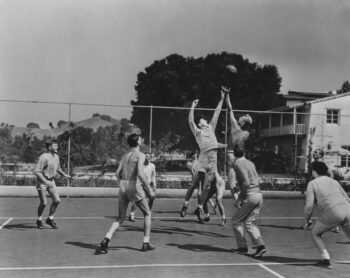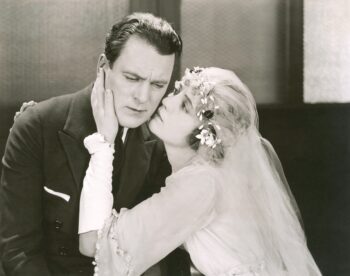
The takeaway: How we succeed or fail with money is not based on our income, education, occupation, or investing skills. Instead, it’s based on factors like our behavior, attitude, and humility to name a few. These attributes are money “soft skills.” If there were ever a time to master the soft skills of money, it’s in retirement.
$$$

Wait! This is a lot better than the flavor of the month!
As a venture capital partner over at the Colloborative Fund, and as a popular blogger with over 200,000 Twitter followers, you might be tempted to call 36-year old Morgan Housel today’s flavor of the month. We’ve all seen the flame of today’s wunderkind extinguish as quickly as it ignited.
Don’t be fooled.
Morgan Housel is the real deal.

This writer has been punching above his weight for quite a while now.
With his writing, he’s been punching above his weight class for several years now. He’s a two-time winner of the Best in Business award from the Society of American Business Editors and Writers, a winner of the New York Times Sidney Award, and a two-time finalist for the Gerald Loeb Award for Distinguished Business Writing. He’s also been a columnist for the Wall Street Journal and the Motley Fool.
His new book, The Psychology of Money: Timeless Lessons on Wealth, Greed, and Happiness is a quiet, sensitive read. It could have just as easily been titled, The Philosophy of Money.
The field of finance: life’s great equalizer
A master storyteller, Housel opens his book with the story of Ronald James Read. Mr. Read had two main jobs in life: sweeping the floor at JC Penney and fixing cars at the local gas station. From his modest earnings, he saved what he could and invested the rest.
Upon his death at 92, he left $2 million to his kids and another $6 million to his local library and hospital.

I just look wealthy. The truth is I have no money soft skills (and no savings in the bank).
Housel contrasts Ronald Read with Richard Fuscone. Educated at Harvard, and earning an MBA from the University of Chicago, Mr. Fuscone was a rising star at Merrill Lynch. He was listed in the “40 under 40” edition of Crain’s business magazine, and featured in the magazine as an amazing maven of finance.
Retiring in his 40s to enjoy his money and practice philanthropy, Fuscone spent $90,000 a month to maintain his 18,000 square foot home. The home had:
- 11 bathrooms,
- two elevators,
- two swimming pools, and
- seven garages.
When the 2008 financial crisis hit, the money he’d spent to maintain his lavish lifestyle ran out. He was forced to stand before a bankruptcy judge and announce he had no income. The bank foreclosed on his home, selling it for less than 75% of its value.
It’s all about your money soft skills.

WooHoo! Finance is the great equalizer!
Housel uses this story–and many more– to show that finance is the only field where someone who sweeps floors and fixes cars at the gas station can accumulate millions, while a guy with a flawless financial pedigree goes bankrupt.
Finance is the great equalizer.
[Blogger note: WooHoo!!]
It’s all about how we master the soft skills of money. Soft skills are how we manage money with our behavior, attitude, and humility — to name a few. If there were ever a time to master the soft skills of money, it’s in retirement.
Housel weaves together interesting story after interesting story to illustrate the value of these money soft skills. For example, did you know the bulk of Warren Buffett’s fortune was accumulated after he turned 65–and is primarily attributable to Buffett’s patient practice of letting compound interest work its magic?
Just a few of the book’s points to ponder.

Beware! These guys may not be playing the same (money) game as you.
Here are some of the other discussion points in the book.
- Getting wealthy and staying wealthy are different skill sets so be clear on the difference, which he explains.
- Understand that wealth is what you don’t see.
- Know the difference between being wealthy and being rich. (Opt for the former.)
- Be careful taking your money cues from those playing a different money game than you.
- It’s time in the market, not timing the market, that wins the day.
- Understand there’s an admission price to investing; assess your money soft skills before you pay that price.
- Your savings rate is as much a function of your humility as your income.
Housel divides his book into 20 short chapters, discussing topics like those above and plenty more. I read and savored one chapter each day.
Bottom Line

You better have some money soft skills or this thing’s over next month.
Boomer, if I loved this book any more, I’d have to marry it.
Your mileage may vary. (In case I was vague: your mileage may vary.)
Read more reviews here. And check out this site where he blogs. Have a great month and stay well.
Remember: you got this.
$$$
